How to start a Retail Business in 2024: Steps You Need to Follow
Are you confused about how to start a retail business in 2024?,In this blog you will get end to end answers about retail business.
Rosin| 8 March 2024

A retail business involves buying finished goods from manufacturers and selling them to customers. The wholesale and retail sector is the largest industry in India, making up about 23% of the country’s total GDP.
Data from the Department of Promotion of Industry and Internal Trade (DPIIT) shows that the Indian retail sector received $2.12 billion in Foreign Direct Investment (FDI) between March and April 2020.
According to the “India-The Top Retail Destination” report by Invest India, a National Investment Promotion and Facilitation Agency, the Indian retail market has seen significant growth over the past decade. The total retail market is expected to grow from $795 billion in 2017 to over $1.75 trillion by the end of 2026.
The first decision you’ll need to make in order to learn how to start a retail business is figuring out your company’s niche. Also, in July 2023, retail sales hit a new record of more than $696 billion.
How do I start a Retail Business in India :
Checklist for starting a retail business?
Starting a retail business can be really hard, even for experienced entrepreneurs. In spite of the excitement, it’s easy to miss important steps that can make or break your business. That’s why it’s important to have a checklist.
Detailed research helps in many ways. First, it ensures that you cover everything, from legal to logistics. This helps avoid costly mistakes and simplifies setting up a project.
Second, a checklist is like a map. It gives you clear steps to follow, making the whole process less trivial. It also boosts your confidence because you know you are following a perfect plan. In a fast-paced retail environment, it’s important to be prepared and adaptable.
Having a complete checklist to open your store isn’t just helpful—it’s essential.
Is Retail Business Profitable?
Before starting any business first fix your mind by clearing all your doubts about profit or loss. However, retailers get more profit than wholesalers. Wholesalers earn between 10% to 30%, while retailers earn between 20% to 50% by selling the same product to the customers.
So, Yeah opening a retail business is profitable. If you’re reading this means you’re interested in starting a retail business, All the Best. Let’s dive into the blog.
Advantages of starting a retail store in India
Starting a retail establishment in India has many advantages because of the huge and growing market. Here are some of the main benefits:
1. Direct Customer Contact: Salespeople can communicate directly with customers, helping them understand future trends and market conditions for better business planning.
2. Easy expansion: Retail businesses can grow their customer base without having to change location.
3. Variety: Unlike wholesalers and manufacturers, retailers can offer a wide variety of products.
4. Reduced inventory costs: Salespeople no longer need to manage bulk inventory or communicate with middle management, saving on commissions.
5. Rapid Growth: Retail businesses can grow rapidly by giving consumers more choice.
6. Business Opportunity: Retailers can manufacture their own products, reduce supply chain costs and have better control over product quality and price.
7. Impact on Market competition: Retail industry plays an important role in selling products and can affect industry competition.
Learn How to start a retail business in India?
Write a business plan

Overview of Business plan for retail shop:
Executive summary: A short overview of your retail business plan and the approach you will take to achieve your objectives.
Business description: Your elevator pitch, and summary presenting your retail business ideas.
Market analysis: An analysis of the present market scenario and a description clearly outlining your target market.
Competitive analysis: The strategic investigation providing details about competitors in the field.
Service and product line: Information about the kind of retail product you are providing.
Operations and management plan: How you plan to commence operations and effectively oversee day-to-day activities.
Financial considerations: A comprehensive financial analysis covering all the capital required to start, operate, and expand word out about your business.
Startup costs for a business
Although having an appealing concept is an advantage for business, your retail shop cannot thrive without an ample budget. Formulating a budget for your new business may appear daunting, but having a grasp of the major expenses makes the process much more manageable. Here are nine costs to keep in mind when starting a retail business

Location
For brick-and-mortar sales, the choice of location is crucial when starting a retail business. A prime location brings in foot traffic and loyal customers, but securing such a space comes with a price tag. Therefore, when evaluating the startup expenses for your retail shop, factor in the deposit cost and the funds required for potential renovations, enhancements, or customization. If you are engaged in online store sales, take into account the expenses associated with creating and web hosting your site.
Rent
Apart from the initial expense of securing your brick-and-mortar location, it’s essential to factor in the monthly rent for your storefront. The rent is a recurring cost determined by the square footage of the space and the real estate value of the location. Locations with significant foot traffic or situated in popular areas typically incur higher rental costs.
Utilities
The monthly utility costs are mainly impacted by the local expenses for electricity and gas, in addition to the size of your space. Moreover, the climate of the area plays a role in determining electricity costs. On average, retail spaces in the U.S. expend $1.21 per square foot on electricity.
Insurance
Securing business insurance coverage for your retail shop is important. Typical coverage includes business property, business income, business liability, and business crime insurance. Explore further details about insurance requirements on the Policy Bazaar website.
Merchandise
Consider both the initial cost of your merchandise and the holding cost (the expenses associated with storing inventory) when evaluating merchandise costs. Once you have determined these initial inventory costs, you can project monthly inventory expenses that impact your ongoing budget.
Merchandising equipment
Retailers must also consider the costs of equipment that complements their products. Firstly, consider the display setup for your retail shop, such as hangers and mannequins for some products, or shelves and display cases for others. Additionally, contemplate the need for additional supplies like price tags for labeling the products.
Hire an employee
For efficient retail business operations, employing staff to handle day-to-day operations may be necessary. Beyond considering wages, salaries, and other benefits, it’s essential to factor in the expenses associated with training, payroll processing, and the management of tasks such as timecards (which can be facilitated through employee management software).
Technology
For effective business management, it’s crucial to make early investments in appropriate technology and equipment. When open a retail store, opt for a reliable retail point-of-sale system equipped with integrated technologies. (Finding a POS system specifically designed for retail is even more advantageous.) Additionally, consider investing in a security system to safeguard products against theft, burglary, and other related crimes
Marketing
Marketing costs are frequently underestimated when individuals are formulating a budget for opening a business. Some initial expenses to take into account involve designing a logo, creating business cards and a website, as well as any promotional campaigns you may initiate initially to establish your brand identity. It’s essential to develop a marketing strategy aligned with your growth model to determine the nature and cost of these initial campaigns.
Funding
Once you’ve calculated the startup costs for your retail store, you can formulate a business financing plan. It’s crucial to project profitability through financial analysis and determine the break-even point. Subsequently, you can make informed decisions on how to finance your business, exploring various new methods for funding your retail store. When evaluating a loan offer, consider four key aspects:
- Total payback amount
- Speed and convenience of application and funding
- Ease of repayment
- Reputation and dependability of the lender
How do you register a retail business
Opposite to common belief, the process of registering your business extends beyond merely brainstorming an appealing name for your retail store.
how to start a retail store and register your business, and Legal requirement for opening a retail store. The first step involves deciding on the business legal structure, such as sole proprietorship, partnership, or corporation.
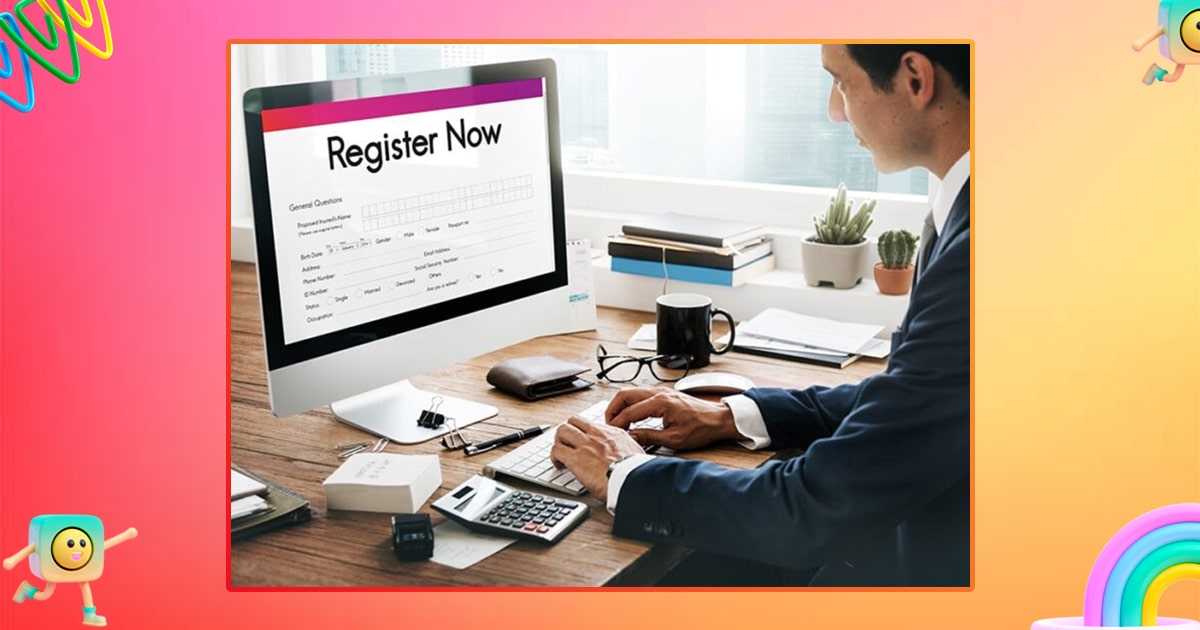
Once the federal registration is completed, it’s essential to consult your state office to identify the local business licenses and permits required for compliance. Many entrepreneurs also opt to form an LLC, which not only provides legal protection but also helps secure the business name within that state. For example, if you register a New York LLC, no other business can register under the same name in that state.
Given the potential complexity of the legal and tax aspects associated with these decisions, it is advisable to acquaint yourself with general business laws. Additionally, considering consulting a lawyer or tax adviser can provide valuable insights into your specific needs, helping you understand the implications of your decisions on your finances.
Find the Perfect Location for Retail
For a Retail store, choosing the perfect location directly determines the success and failure of your store because choosing your place based on your target audience is a smart move for the initial stage of your retail business

Brick-and-mortar location
Some retail sectors really need physical stores, but shopping online is getting much bigger. starting a retail business can handle this in a few ways. Some sell their products on big e-commerce websites, like Etsy or Amazon, to sell their products there. Others start their own e-commerce website to stay ahead of their competitors.
Related blog : Double your Local business income
How customer will find you
Consider where your target customer lives. Do they stay in a certain neighborhood or shop in specific places? If yes, focus your search on these areas.
Also, think about other businesses your customer likes and concentrate your search on those places too. For instance, if your target market is like the customers of a fancy restaurant, explore areas with classy dining places
How to find your competitor
Once you have selected your area, you need to find your competitor’s store near me and analyze how your competitors affect your businesses
How much space is required?
After outlining your preferred location, the next step is selecting an actual space. The square footage significantly influences the overall costs of your retail business, so consider the amount of room you truly need. When evaluating space requirements, consider:
- Merchandise display areas
- Dressing rooms
- Inventory storage
- Back office space
Make a supplier plan
Establish a supplier budget covering wholesale product prices, shipping, and delivery costs. Request samples from each vendor to personally assess product quality instead of relying on images. Investigate vendors’ reputations, emphasizing not only product quality but also their reliability in the purchasing and delivery process.
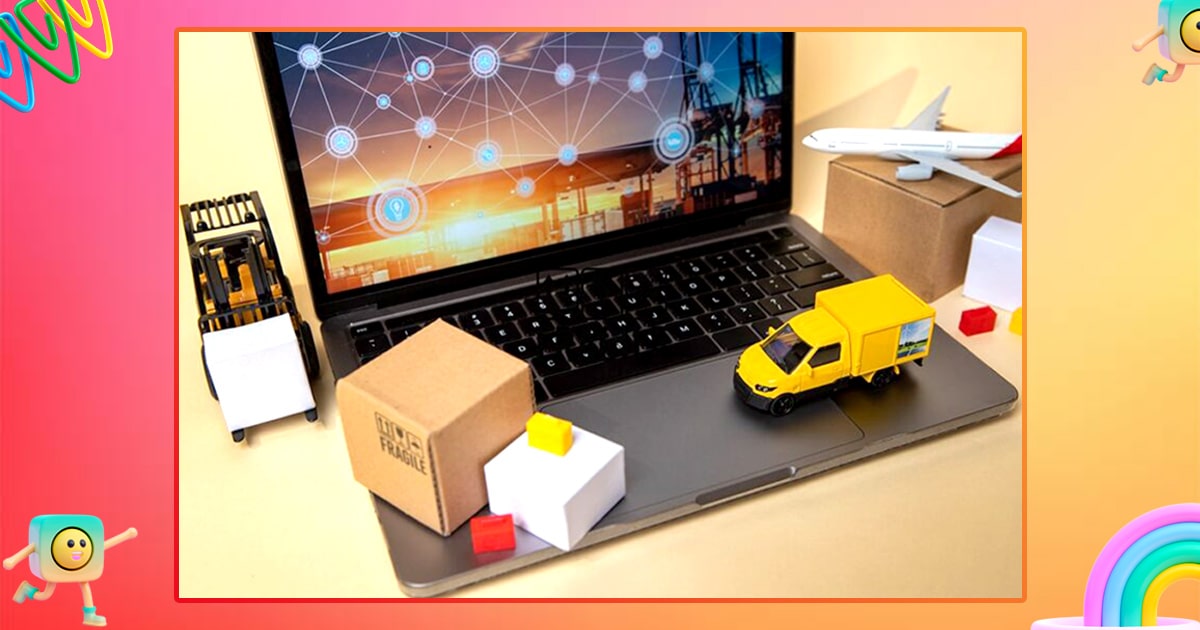
Maintain flexibility in vendor selection; relying solely on one or two suppliers may pose risks. When creating a contract with your chosen vendor (or vendors), seek legal advice.
After the selection process, implement these best practices for starting your retail business:
- Clearly set expectations with vendors, ensuring they comprehend your business and their specific role.
- Communicate your inventory needs; consider supplier management and explore cost-saving options like drop shipping.
- Define easily measurable performance metrics, and regularly meet with vendors for evaluations.
- Promptly address any issues with your supplier; resolving small problems immediately prevents them from escalating.
Set up a payments system
When deciding to open a retail store, many focus on making money but overlook the crucial aspect of how they will accept payments.

Accepting payments is a fundamental function of your business, requiring reliable technology for seamless transaction management. When evaluating various payment processing options, ensure your payment system can:
- Accept all forms of payment (cash, magstripe card, EMV chip card, or mobile payments like Apple Pay) at a low rate with no hidden fees.
- Process payments quickly to minimize checkout times.
- Maintain the security of your business information through PCI compliance.
- Ensure swift deposit of funds into your account.
- Successful businesses integrate their payment processor with a point-of-sale system to streamline day-to-day operations, fostering business growth. A retail point of sale can offer significant benefits for your store.
Key features to seek in a retail POS include:
- Reporting analytics for tracking the cost of goods sold and aiding in forecasting.
- Purchase orders and vendor list tracking to manage retail suppliers effectively.
- Customer outreach tools enhance marketing efforts for your retail business.
- Powerful inventory management software with built-in product alerts for handling inventory counts and reducing costs.
- Multilocation retail management provides access to information across all stores for better management of multiple business locations.
Developing your retail brand and marketing strategies
After setting up of payment system, you can concentrate on retail marketing strategies to increase awareness and loyalty to your brand. Once more, prioritizing your customers is crucial. By focusing on where your customers spend time and the types of messages and promotions that resonate with them, you’ll not only effectively launch a retail store but also set yourself on a path to success.
Prepare for a grand opening
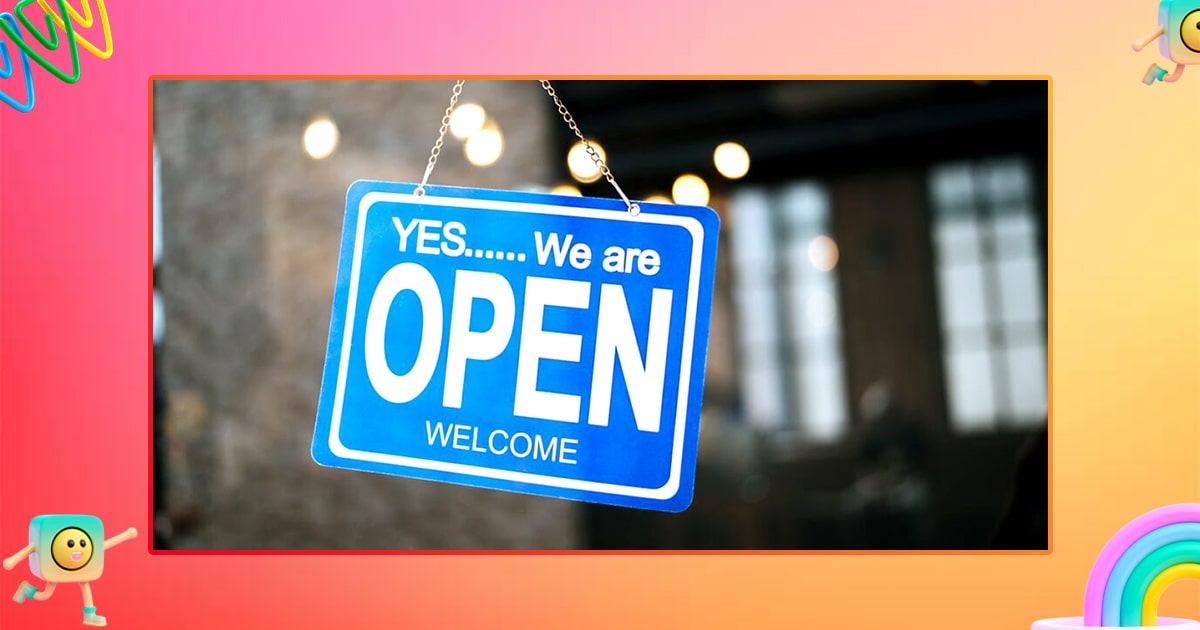
Initiating your marketing strategy with a grand opening is an excellent approach. Here are suggestions for effectively planning the initial introduction to the public:
- Begin with a soft opening to assess and collect feedback.
- Execute a promotion to attract first-time customers or motivate those attending on the opening day to revisit.
- Introduce a one-day-only flash sale or product drop.
- Advertise the event on social media and request RSVPs to expand your customer directory.
- Collaborate with neighboring businesses to enhance the event’s visibility.
- Utilize outdoor space, if available, to capitalize on potential foot traffic.
Conclusion : How to start a retail business in India
If you want to start a retail business in India, you first need to identify your target audience. Decide what type of merchandise you are interested in selling, find the right location for your store and calculate your budget.
Consider the growth potential of your business and the need to hire staff. Monitor all financial and legal requirements to develop effective marketing strategies.
Once all these aspects are addressed, plan your grand opening, and you are ready to launch your retail store in India!
Also, Social media for retail businesses is important because it helps increase brand awareness, engage with customers, promote products, drive sales, gather feedback, and stay connected with the target audience, ultimately leading to business growth and success.
If you are a brand looking to expand and strengthen your offline retail presence, Adsparksocial is your go-to solution. Feel free to contact us at contact@adsparksocial.com, or schedule a call with our experts. you can also schedule a call with our experts.

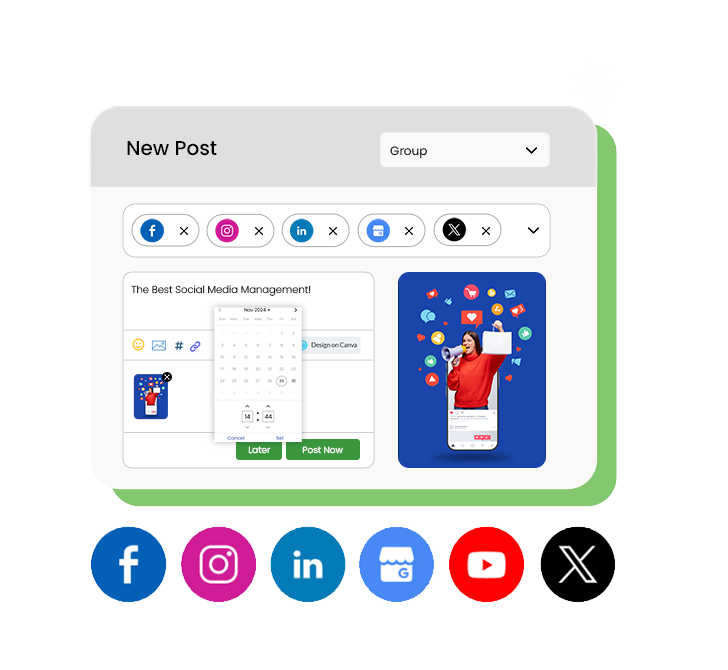
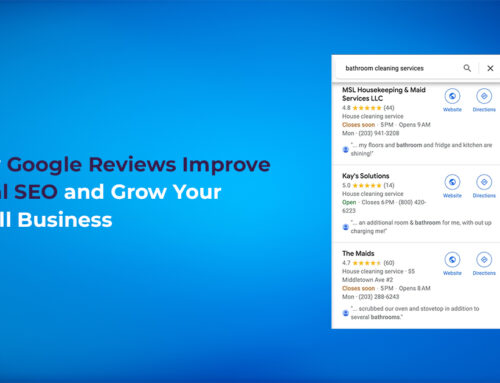
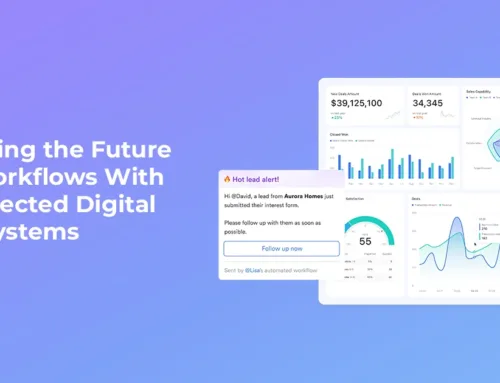



Informative content, Thankyou
Hi, I love you article so much about business, I learn a lot from your website especially about business, by the way I have website too about Jasa Digital Marketing , just let me know if we have another super usefull article.
Warm Regard, Steven.